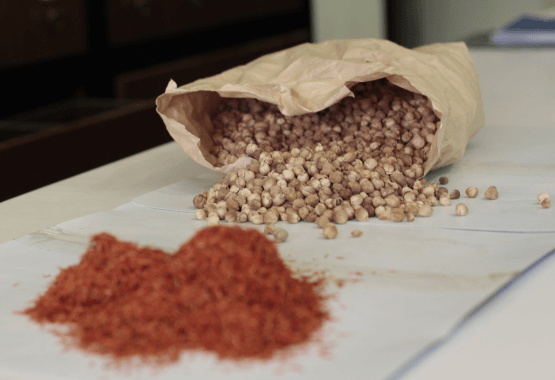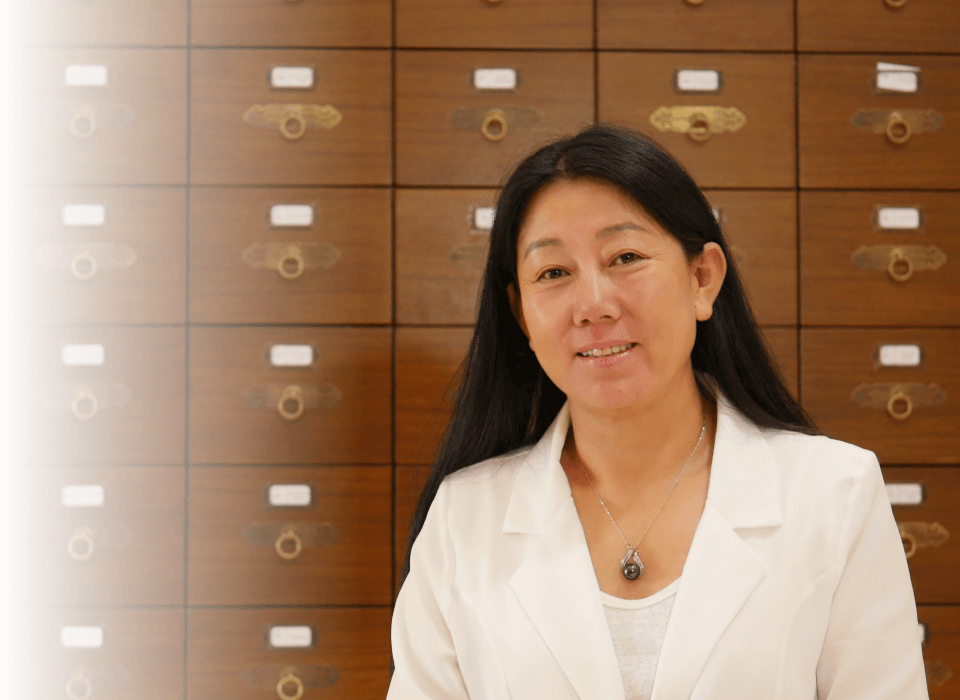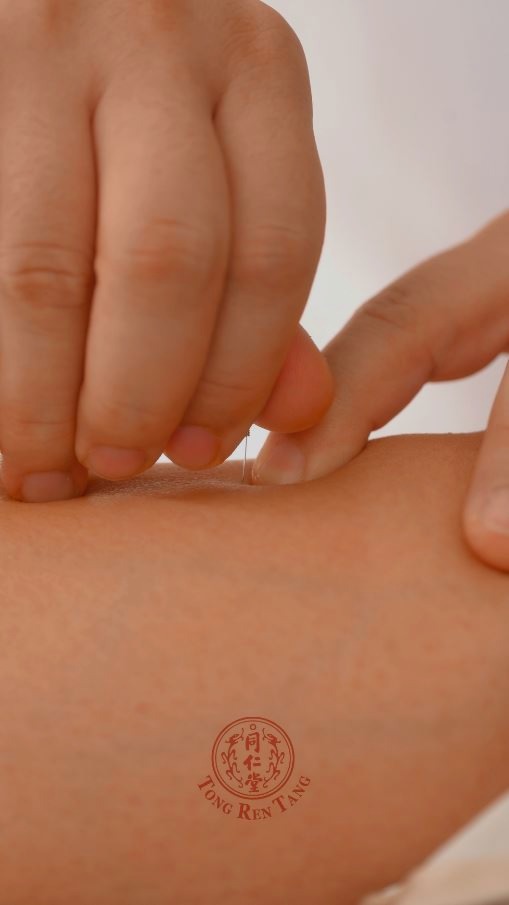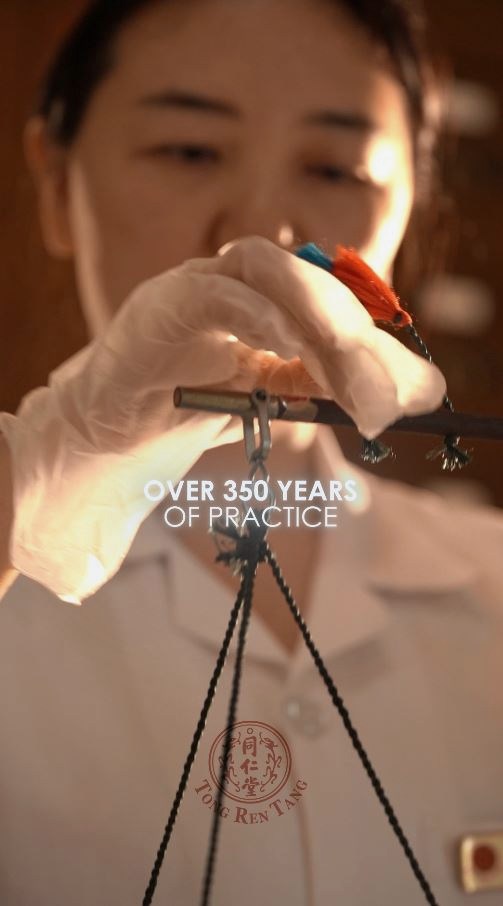Menopause and Peri-Menopause
Menopause and peri-menopause are natural phases in a woman’s life, typically occurring in their late 40s to early 50s. During these stages, hormonal fluctuations can lead to various physical and emotional symptoms. Traditional Chinese Medicine (TCM) offers a unique perspective on managing these changes through a holistic approach, focusing on balance and harmony within the body. In TCM, menopause is seen as a transition that affects the body’s Yin and Yang balance. A deficiency in Yin energy can lead to symptoms like hot flashes, night sweats, and anxiety. Therefore, the treatment often emphasizes nourishing the Yin while regulating the Yang. This approach aims to alleviate discomfort and support overall well-being during this significant life change.

Herbal Remedies for Symptom Relief
Herbal medicine plays a crucial role in TCM’s approach to managing menopause and peri-menopause symptoms. Specific herbs are used to tonify the body’s Yin, calm the mind, and regulate hormones. Commonly used herbs include Dong Quai and Black Cohosh, which have been found to help with mood swings and hot flashes. In addition to individual herbs, TCM practitioners may recommend herbal formulas tailored to each woman’s unique constitution and symptoms. These formulas not only help alleviate specific issues but also promote overall health by strengthening the immune system and improving energy levels. It’s important to consult with a qualified TCM practitioner to determine the best herbal combination for your needs.

Dietary Adjustments and Lifestyle Changes
Diet is another vital aspect of TCM when it comes to managing menopause. Foods that nourish Yin—such as black sesame seeds, walnuts, and leafy greens—are encouraged. These foods provide essential nutrients that support hormonal balance and overall vitality. Reducing the intake of spicy and greasy foods can also help minimize heat within the body, which is beneficial for those experiencing hot flashes. Lifestyle changes, such as incorporating gentle exercises like Tai Chi or yoga, can also enhance emotional and physical well-being during this transitional phase. These practices promote relaxation, reduce stress, and improve circulation, all of which are critical for maintaining balance in the body. Staying connected with supportive communities can further aid in navigating this journey, providing a sense of belonging and shared experiences.





